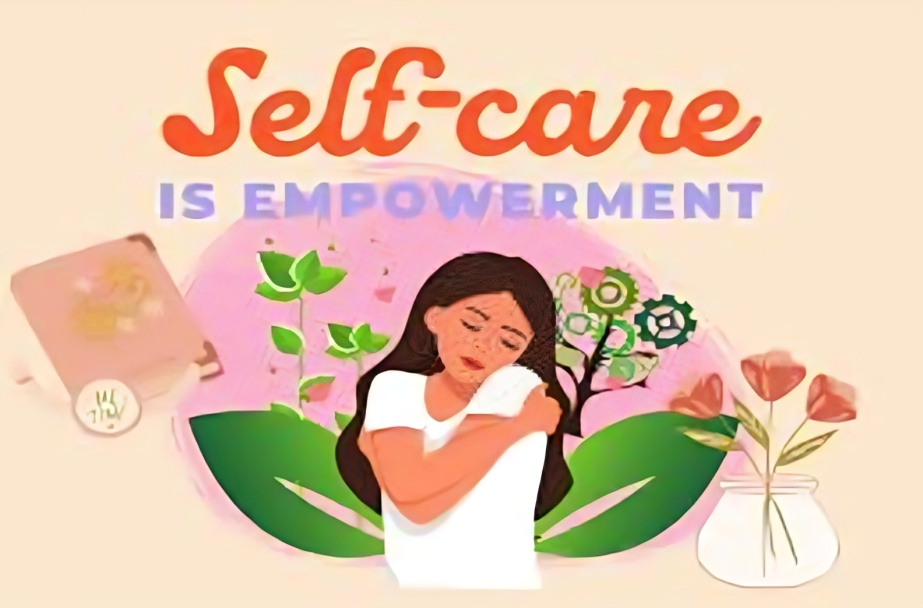Exploring the impact of online culture on self-care practices. When does prioritizing oneself blur the lines of genuine care and unintended selfishness?
When Online Self-Care Goes Too Far
In today’s fast-paced world, self-care has taken center stage. Influencers share their morning routines, hashtags like #SelfCareSunday dominate our feeds, and wellness apps are on the rise. But in this digital embrace of self-love, where does empathy for others fit in? How do we ensure we’re caring for ourselves without neglecting the people around us? Let’s delve into this delicate balance.
The Rise of the Self-Care Culture
Over the past few years, the focus on mental well-being has gained significant traction. Society’s increased understanding of mental health has brought with it the emphasis on self-care. While undoubtedly essential, the narrative around self-care has, in some quarters, become so loud that it sometimes overshadows the equally important tenet of community care.
The Double-Edged Sword of Technology
Technological advancements have made it easier for us to disconnect from our surroundings. On one hand, we have tools that encourage meditation, mindfulness, and self-reflection. On the other, the very same tools can lead to feelings of isolation and disconnection from our loved ones.
The Myth of “Alone Time”
While alone time is crucial for self-reflection and rejuvenation, the myth that it’s the ultimate form of self-care has been debunked. Researchers suggest that human connection is as vital as solitude. In the hustle to get some ‘me time’, we might inadvertently be isolating ourselves, which can lead to feelings of loneliness and even depression.
Bridging the Gap: Self-Care Meets Empathy
- Re-evaluating Our Priorities: When we’re caught up in our routines, it’s easy to neglect our relationships. Regularly reassessing our priorities can help us maintain a balance.
- Understanding Our Capacities: It’s essential to recognize when we’re genuinely exhausted and need a break and when we’re using self-care as an excuse to retreat from responsibilities or avoid difficult conversations.
- Scheduled Connection: In a world that glorifies busyness, scheduling regular check-ins with loved ones can be a game-changer. This not only reinforces bonds but also ensures we’re present for others.
- Group Activities: Engaging in group activities can be a form of self-care too. Joining a book club or attending group fitness classes allows us to recharge while simultaneously building connections.
The New Age of Empathy
In our efforts to promote mental well-being, it’s essential to encourage not just self-care but also empathy and understanding. Encourage open conversations. Listen without the intent to reply, but with the intent to understand.
The Role of Digital Platforms in Fostering Community Care
While technology can create barriers, it can also break them. Online support groups, forums for shared experiences, and even certain social media platforms can serve as spaces for collective care, fostering a sense of community and mutual support.
Redefined: The Future of Self-Care
As we look forward, self-care needs a broader definition. It should encompass not just individual wellness but also the wellness of our community. By recognizing that our well-being is intrinsically linked to the well-being of others, we pave the way for a more connected, empathetic society.
Conclusion: The Harmonious Dance of Care
In summary, while the digital age has amplified the voice of self-care, it’s upon us to ensure that this voice harmonizes with the chorus of community care. By finding a balance, by understanding that self-love and empathy for others are two sides of the same coin, we can hope to nurture not just ourselves but also the relationships that enrich our lives.

